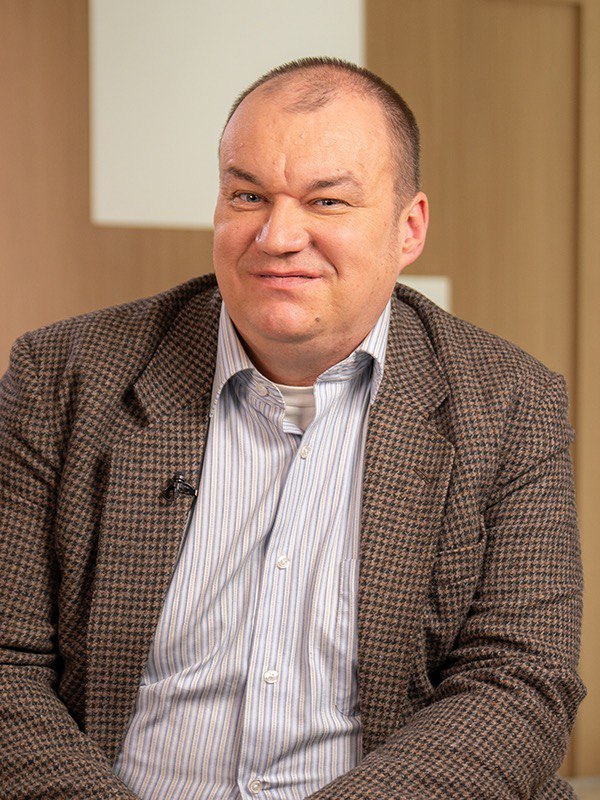
Volodymyr Masliychuk
National University of Kyiv-Mohyla Academy
-
- Research topic:
- The City Before Industrialization: New Spaces and Traditional Relationships
- Period:
- July – August 2024

National University of Kyiv-Mohyla Academy
Doctor of Historical Sciences, Associate Professor of the Department of History of the National University of Kyiv-Mohyla Academy. 1996 – Graduated from the History Faculty of Kharkiv State University, 2001 – Defended his Candidate thesis, 2019 - Doctoral Thesis. Since 2019, he has been working at the National University of Kyiv-Mohyla Academy teaching courses on the methodology of history and historiography and the history of the nineteenth century, special courses on women's history
Author of seven monographs, the last one: In captivity of borders and narratives: Research on the history of Sloboda Ukraine XVII-XIX centuries (Kharkiv: Publisher Oleksandr Savchuk, 2021.) Compiler and editor of a number of collections and collective monographs. The recent one, co-authored with Ihor Serdiuk: Disenchantment of the ailment. Local tradition, old diseases and new medicine in Ukraine XVIII-XIX centuries (Kharkiv: Publisher Oleksandr Savchuk, 2021.) He has received many research grants from the funds of the Canadian Institute of Ukrainian Studies and the Shevchenko Scientific Society in America.
In 2022, he received a fellowship at the Center for Urban History with the support of the Kerber Foundation and the Center for Contemporary History in Hamburg. Currently, he is working on church relations on the borderlands, the history of salt, and his main area of interest is the pre-industrial city in the Ukrainian territories of the Russian Empire in the late eighteenth and nineteenth centuries.
His research focuses on a city that is not a village but retains a rural, peasant character. Such a city was dominant in Eastern Europe until the mid-nineteenth century. In part, this research is a continuation of the study of the quality of life, which the researcher has been doing in recent years. A great challenge emerges in the early nineteenth century: on the one hand, it is more open communication within empires along with imperial interference in city governance and urban formation, and on the other hand, it is the aforementioned influence of the village, previous settlement practices, and urban self-government.